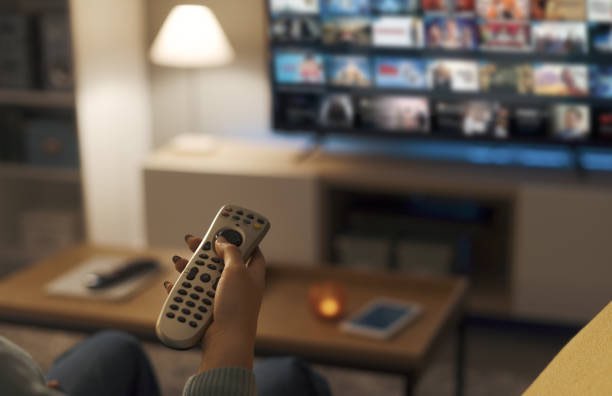Given the prevalence of streaming platforms in the digital era and the vast array of films and television shows available to youth, it is important to investigate the potential negative impacts of prolonged screen time on youth mental health. Let’s examine this entertainment trend’s advantages and disadvantages. Positively, young minds can benefit greatly from watching movies and TV shows as a means of education and cultural exposure. Many TV series and movies broaden viewers’ horizons by providing insights into various cultures, historical moments, and contemporary challenges. Films that educate viewers and dramas that provoke thought can help young people become more curious and develop their critical thinking skills. Moreover, the visual storytelling format of movies and TV series enhances creativity. Young people can draw inspiration from compelling narratives, diverse characters, and unique cinematography. This exposure may fuel their imagination and even spark an interest in pursuing creative endeavors like filmmaking, writing, or acting.
But the continuous consumption of screen content also has its negatives. An especially notable concern is the effect on physical health. Prolonged screen time breeds sedentary active lives, causing problems such as obesity and strain on the eyes. To maintain a healthy lifestyle youngsters must balance their activities with the screen, by participating in physical activity. Another negative factor is the possibility of misinformation. Some movies and TV series strive for realism; others prefer entertainment to fact. Their young viewers are still at the impressionable stage, so they may swallow inaccurate information and thus develop a distorted view of real-world problems. Parents and teachers must guide them in separating fiction from reality. Young people who waste too much time stuck to a screen are also destroying their social skills. Always watching movies and TV series can reduce face-to-face contact, thereby stunting the development of essential communication skills. Unlike watching the on-screen performances of fictional characters, building relationships and using social cues clearly requires real-world experience. Moreover, an addiction to binge-watching can disrupt one’s sleep schedule. Long nights, though, may mean poor sleep which in turn hurts one’s mood and reduces cognitive abilities. Establishing good boundary-free areas for the screen is a necessary condition to offset its perception. To sleep regularly, we must develop healthy habits of using it.
In sum, though TV shows and movies can influence youngsters for the better, an equilibrium is still required. To minimize the ill effects, limit time spent reading from a monitor and develop critical thinking skills. And emphasize other activities besides sitting in front of computer screens all day long. As children traverse the digital world, it is imperative to encourage a thoughtful approach toward entertainment. Only then can we make sure that young people are fully developed?

